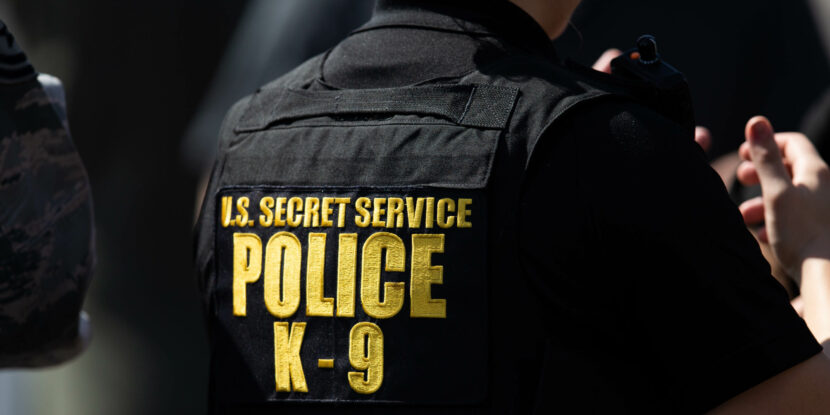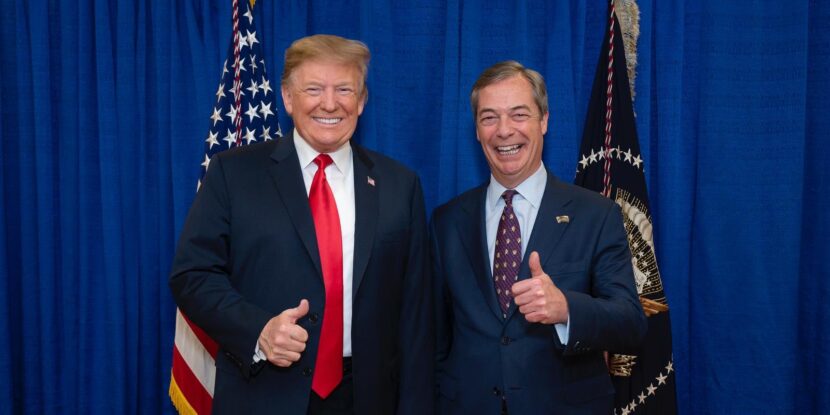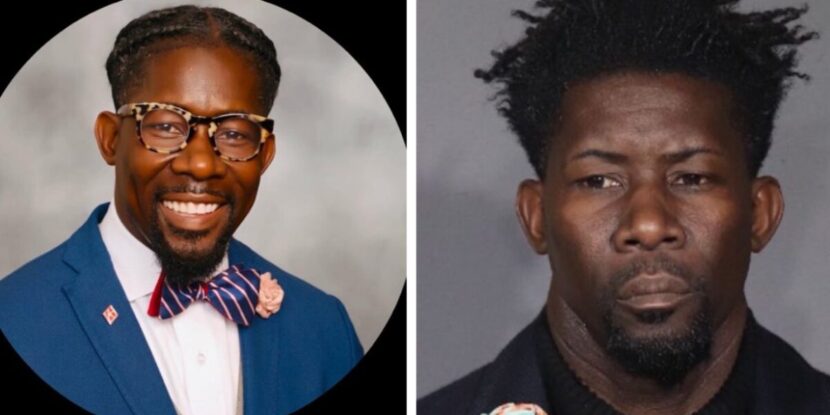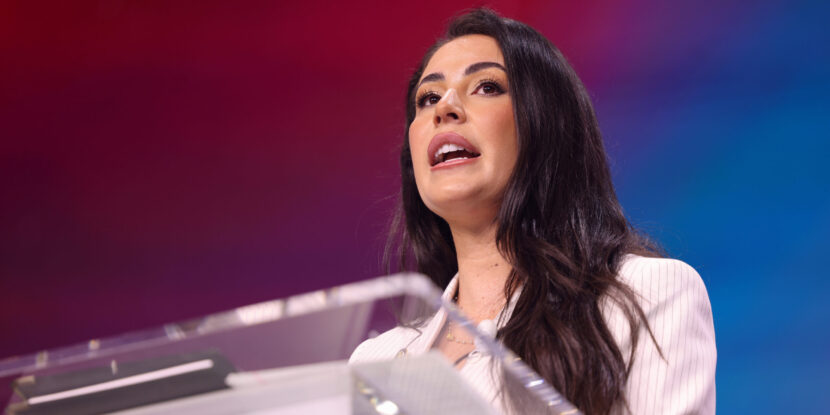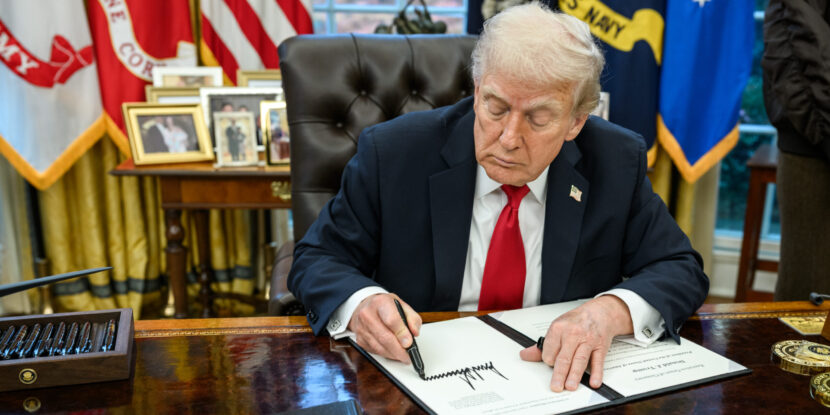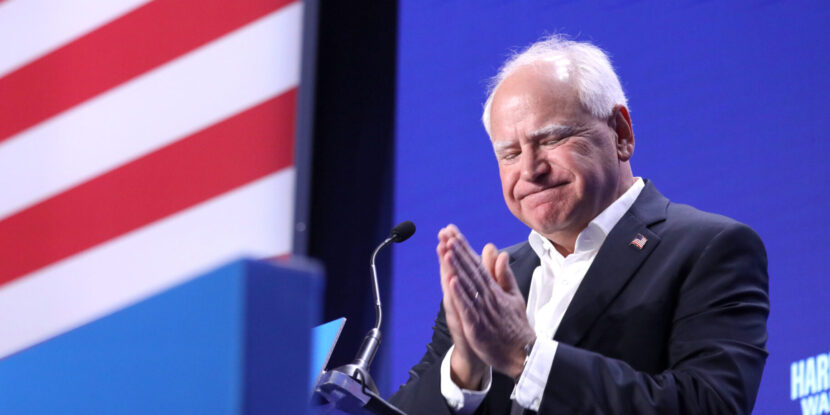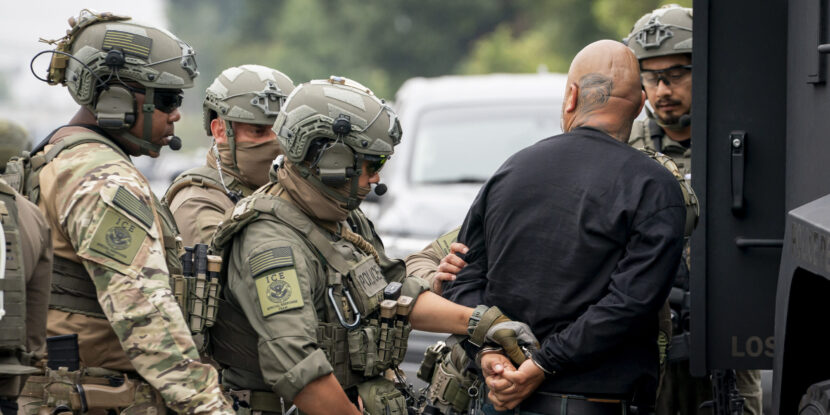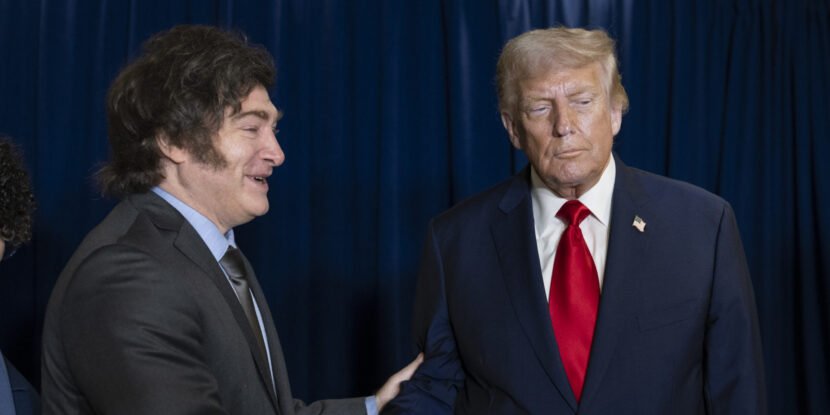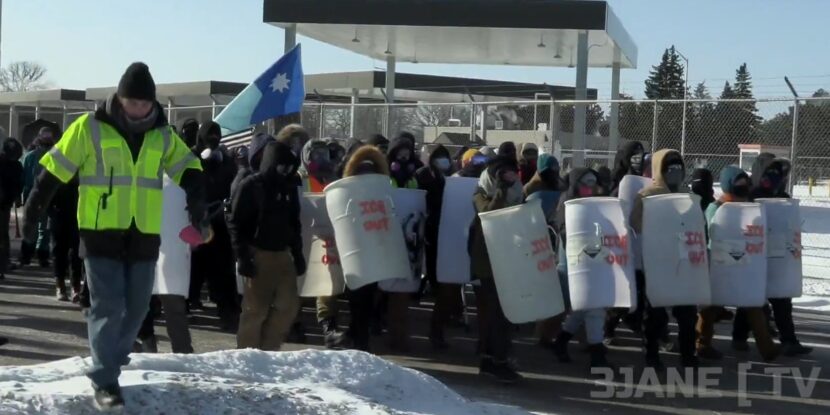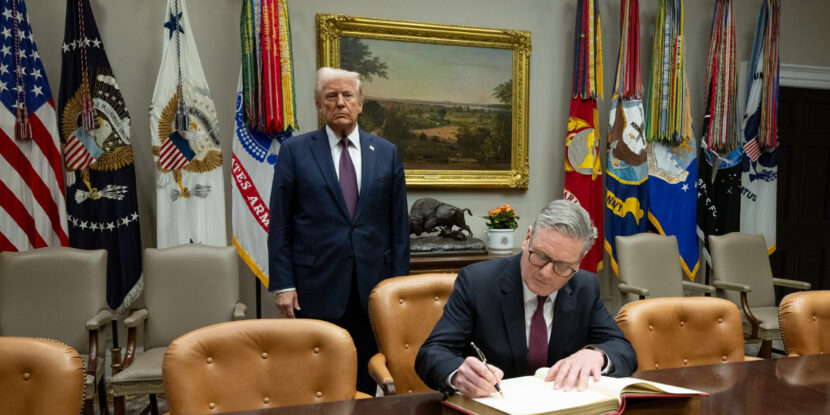Public opinion of the Secret Service’s performance has sharply declined, hitting a record low in Gallup’s 10-year monitoring history. According to a Gallup poll conducted from September 3 to September 15, only about one in three Americans rate the Secret Service as doing an “excellent” or “good” job, representing 8 percent and 24 percent of respondents, respectively. In contrast, 25 percent rated the service’s performance as “only fair,” while 36 percent judged it as “poor.”
The poll was nearly completed before a suspected assassination attempt on Donald Trump at his Florida golf course on September 15. The Secret Service (USSS) was already under heavy criticism for allowing a gunman to open fire on the former president in Butler, Pennsylvania, striking his ear.
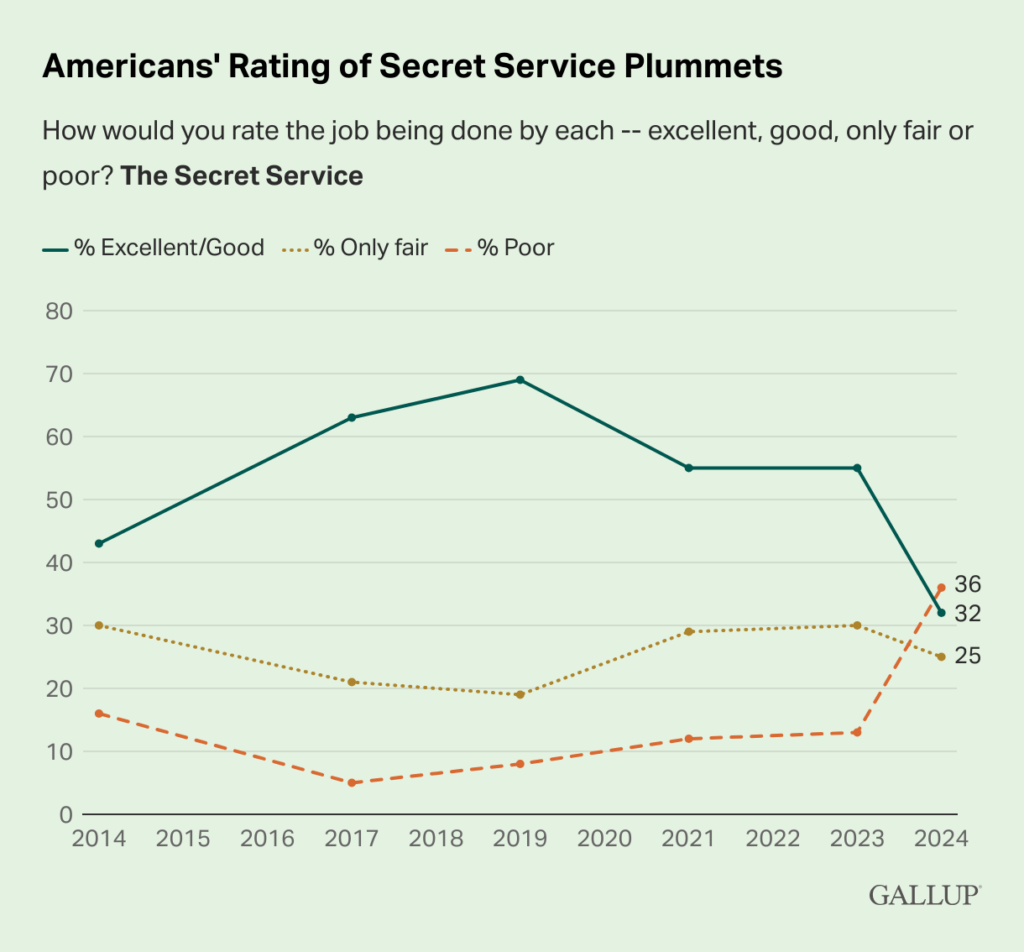
The negative perception is widespread among Republicans and Democrats, with positive ratings dropping significantly for both groups. Republicans’ approval fell by 26 points to 20 percent, while Democrats recorded an 18-point drop to 47 percent. Historically, Republicans have shown fluctuating support depending on which party holds the presidency, unlike the relatively stable approval from Democrats until recent years.
Over the past decade, the Secret Service has generally received strong public approval. From 2014 onwards, an average of 53 percent of Americans viewed its performance favorably—although in 2014, after multiple security breaches, including a notable fence-jumping incident at the White House, only 43 percent had rated the agency positively.
The Secret Service’s rating has seen a considerable decline in 2024, similar to significant drops Gallup has recorded for other agencies. For instance, the U.S. Centers for Disease Control (CDC) rating, closely associated with unpopular pandemic-era measures, fell by 24 points from 2019 to 2021, and the Federal Reserve’s rating dropped by 23 points between 2003 and 2009.
Gallup poll assessed 14 other federal agencies. Among the survey, only the U.S. Postal Service maintained a majority of positive ratings, a trend consistent since 2014. In contrast, agencies including the Department of Homeland Security (DHS) and the Food and Drug Administration (FDA) received less favorable ratings.
